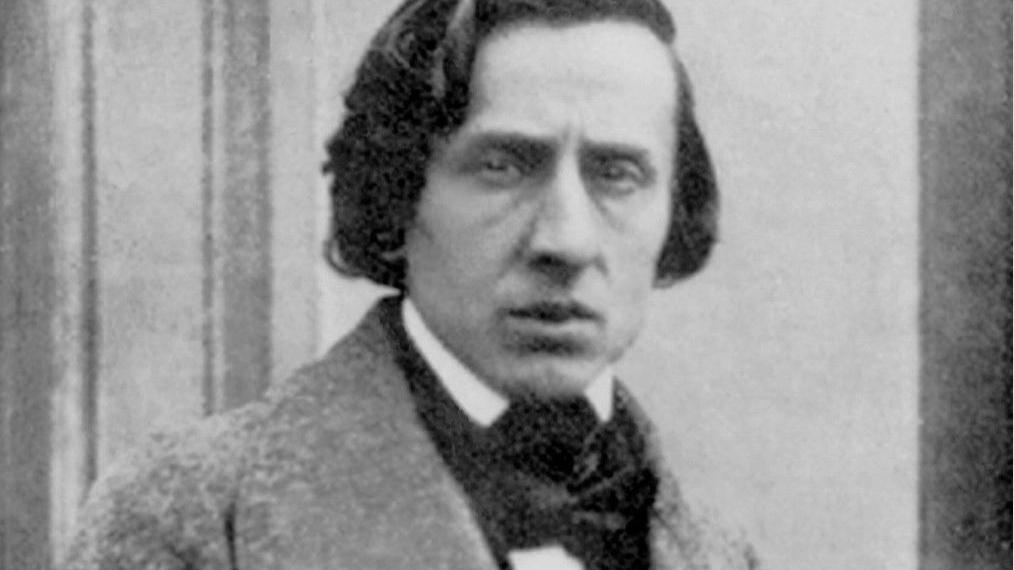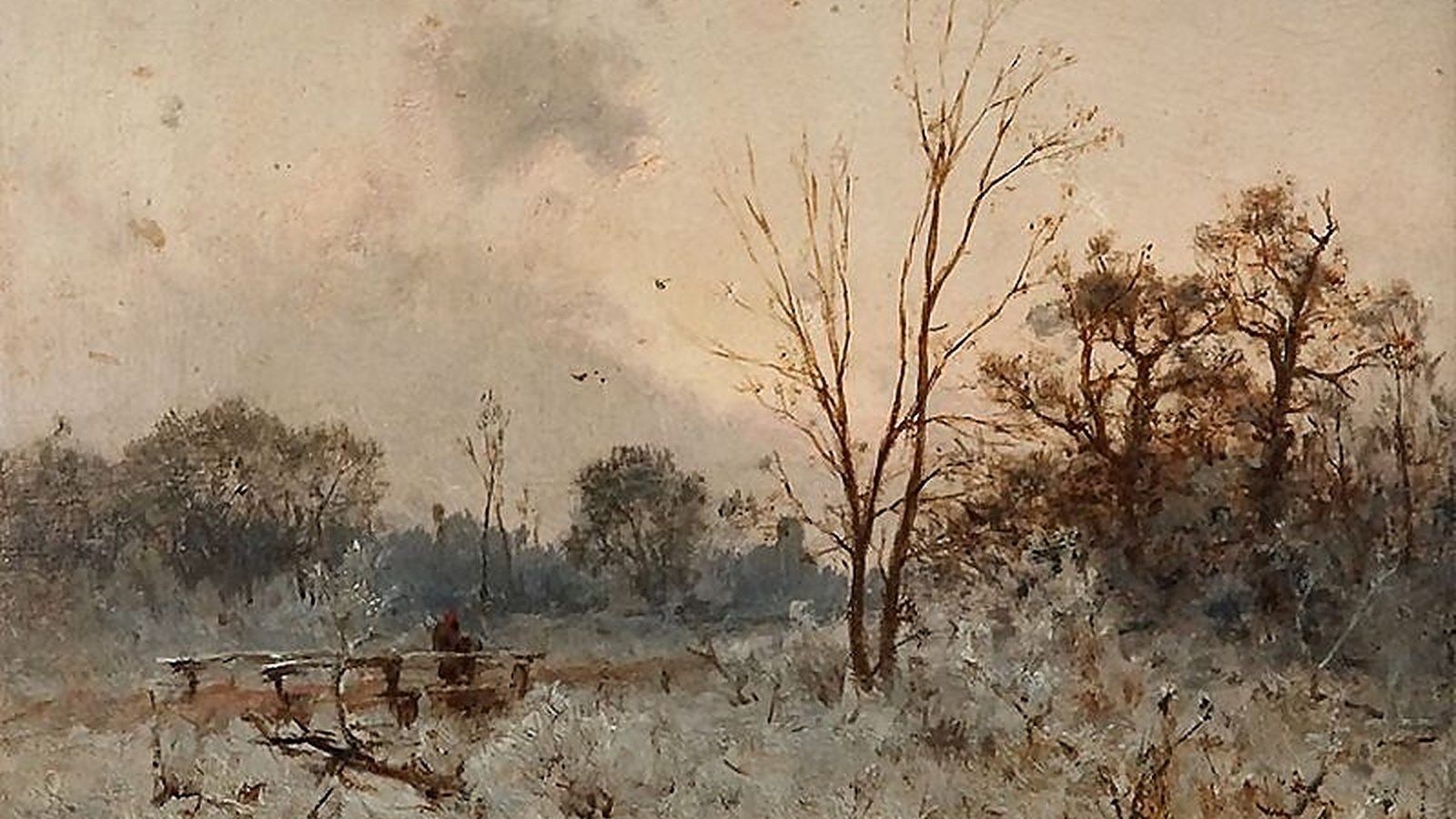The Artistry of Ferruccio Busoni: Historic Recordings from 1922
Ferruccio Busoni (1866-1924), who died 100 years ago last July, was a musical renaissance man. The Italian composer, pianist, conductor, teacher, writer, and editor has been called “the first truly modern composer.” He is also remembered for numerous enduring transcriptions of the music of J.S. Bach. Busoni associated with such a disparate group of contemporaries as Schoenberg, Sibelius, and Edgard Varèse. His small circle of students included Kurt Weill. The pianist Alfred …






